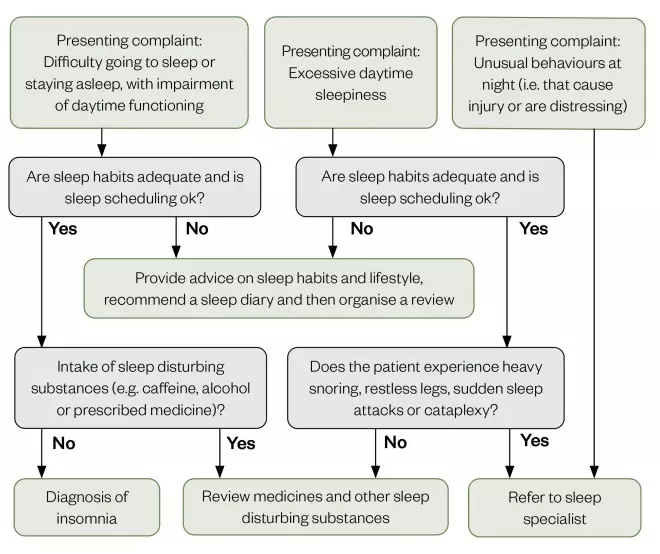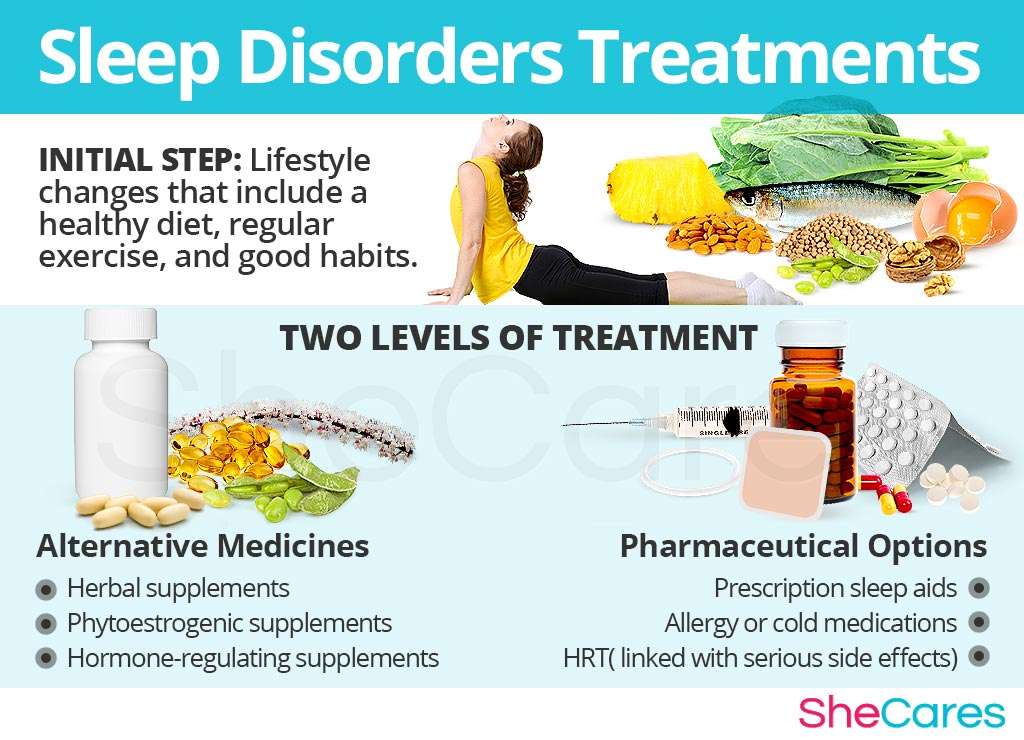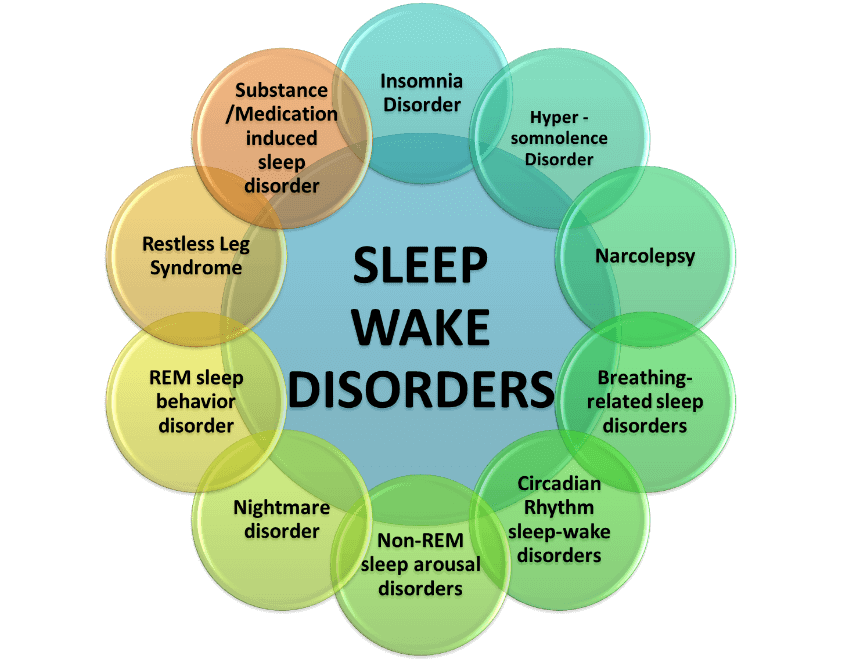Sleep Disorder Prevention Methods: Tips for Better Sleep and Health
Struggling with sleep disorders can feel like a never-ending battle. From insomnia to sleep apnea, these conditions can disrupt your life in ways that affect your mental health, physical well-being, and overall quality of life. However, the good news is that many sleep disorders can be prevented by adopting healthy sleep hygiene and making lifestyle adjustments. This article will guide you through the most effective sleep disorder prevention methods, helping you get the rest your body and mind need.
At NeuroTechInsider.com, we’re passionate about sharing the best tech and wellness strategies for improving sleep. From advanced non-invasive sleep devices to scientifically backed sleep hygiene tips, we help you navigate the complex world of sleep improvement. Whether you’re looking to reduce the effects of insomnia, sleep apnea, or even stress-induced sleep disturbances, our expert advice is here to support you.
What Are Sleep Disorders?
Sleep disorders are conditions that negatively affect your ability to sleep well regularly. These disorders can lead to poor sleep quality, excessive daytime sleepiness, or difficulty falling asleep and staying asleep. There are several types of sleep disorders, and understanding them is key to finding the right prevention method.
Types of Sleep Disorders
- Insomnia – The most common sleep disorder, characterized by difficulty falling asleep or staying asleep.
- Sleep Apnea – A serious condition where your breathing repeatedly stops and starts during sleep.
- Restless Legs Syndrome – A condition that causes uncomfortable sensations in the legs and an uncontrollable urge to move them.
- Narcolepsy – A disorder that causes extreme daytime drowsiness and sudden sleep attacks.
Why Sleep Disorder Prevention Matters
Preventing sleep disorders isn’t just about getting more sleep—it’s about improving the quality of your sleep. Studies show that poor sleep is linked to a higher risk of developing chronic conditions such as heart disease, diabetes, and depression. By focusing on prevention, you can reduce the risk of developing these conditions and improve your overall well-being.
The Connection Between Sleep and Mental Health
It’s not just about physical health—mental health is closely tied to the quality of your sleep. Poor sleep can contribute to anxiety, stress, and depression, while improving your sleep can enhance your mood, reduce stress, and boost cognitive function. In fact, research shows that people with chronic insomnia are more likely to experience depression and anxiety. The Sleep Health Foundation outlines key tips for maintaining good sleep hygiene that can prevent these mental health issues from worsening.
Key Sleep Disorder Prevention Methods
Adopting effective sleep disorder prevention methods can drastically improve your sleep quality. Here are some of the most powerful strategies you can implement:
1. Maintain a Consistent Sleep Schedule
One of the best ways to improve your sleep is to keep a consistent sleep schedule. Going to bed and waking up at the same time every day, even on weekends, helps regulate your body’s internal clock, known as the circadian rhythm. This simple practice can significantly improve both the quality and duration of your sleep.
“Consistency is key to achieving better sleep quality. Maintaining a regular sleep-wake cycle is crucial for your body’s internal clock.”
2. Create a Relaxing Bedtime Routine
A relaxing bedtime routine signals to your body that it’s time to wind down and prepare for sleep. Activities like reading, listening to soothing music, or even taking a warm bath can help calm your mind and ease you into sleep. Avoid stimulating activities like watching TV or using your phone, as they can interfere with your ability to fall asleep.
3. Optimize Your Sleep Environment
Creating the right environment is crucial for good sleep. Your bedroom should be quiet, dark, and cool. Consider using blackout curtains, earplugs, or a white noise machine to eliminate disturbances. Additionally, investing in a comfortable mattress and pillows can make a huge difference in your sleep quality. Remove electronics from the bedroom, as they can disrupt your sleep cycle with light and noise.
Check out this image for tips on creating the perfect sleep environment:

4. Limit Stimulants and Substances
Avoiding stimulants and substances that interfere with sleep is an essential prevention method. Caffeine, nicotine, and alcohol can all disrupt your sleep cycle, especially if consumed close to bedtime. Aim to avoid these substances in the hours leading up to sleep to give your body the best chance of resting properly.
5. Exercise Regularly
Regular physical activity improves sleep quality and helps reduce the symptoms of sleep disorders like insomnia and sleep apnea. Aerobic exercises, such as walking, running, and swimming, are particularly effective in promoting restful sleep. However, avoid vigorous exercise close to bedtime, as it can have the opposite effect and make it harder to fall asleep.
6. Manage Stress and Mental Health
Chronic stress is one of the leading causes of sleep problems. Managing stress through relaxation techniques like deep breathing, meditation, and mindfulness can help calm your mind and prepare it for restful sleep. Additionally, stress reduction plays a vital role in preventing mental health-related sleep issues.
7. Avoid Large Meals and Excessive Fluids Late at Night
Eating large meals or drinking too much before bed can disrupt your sleep. Digesting food requires energy, and lying down right after eating can increase the risk of acid reflux, making it harder to sleep. Try to finish eating at least 2-3 hours before bedtime. Additionally, limiting fluids can help prevent waking up in the middle of the night to use the bathroom.
8. Limit Naps During the Day
While naps can be refreshing, excessive daytime sleep can interfere with your ability to fall asleep at night. If you feel the need to nap, try to keep it brief (20-30 minutes) and avoid napping late in the afternoon or evening.
Conclusion
By incorporating these sleep disorder prevention methods into your routine, you can significantly improve your sleep quality and overall health. While not all sleep disorders are preventable, adopting healthy sleep hygiene practices is a crucial step in reducing your risk. Remember, consistency is key—make these habits a part of your daily life to achieve better sleep, mood, and brain wellness.
If you’re still struggling with sleep disorders despite implementing these tips, it may be time to consider advanced sleep technology like NeuroTechInsider’s top-rated sleep devices, which include options like the Apollo Neuro and Sensate—designed to support relaxation and improve sleep without the use of pills.
For more in-depth advice and expert reviews on sleep improvement devices, check out our comprehensive guides on NeuroTechInsider.com.

Addressing Underlying Health Conditions
Sometimes, sleep problems aren’t just about bad habits—they can be linked to underlying health conditions. If you have chronic conditions like anxiety, depression, or sleep apnea, these can significantly disrupt your sleep. Managing these health issues effectively is a critical step in preventing sleep disorders.
1. Treating Co-Morbid Sleep Disorders
Many people experience multiple sleep disorders simultaneously. For instance, individuals with insomnia might also have sleep apnea or restless legs syndrome. It’s essential to treat both the primary condition and any co-existing disorders to improve overall sleep quality. For example, therapies like Cognitive Behavioral Therapy for Insomnia (CBT-I) can be incredibly effective in treating both insomnia and anxiety.
“A holistic approach to treating multiple sleep disorders is crucial for long-term sleep quality improvement.”
2. Seek Professional Help When Necessary
If you’ve tried all the prevention methods mentioned and are still struggling with sleep issues, it might be time to consult a healthcare provider or a sleep specialist. They can perform an evaluation to identify any underlying health conditions that might be causing your sleep problems. In some cases, professional treatments like cognitive behavioral therapy (CBT), light therapy, or even medical interventions might be required to address more complex issues.
For expert help on sleep disorders and treatments, we recommend visiting the National Sleep Foundation for more resources on professional sleep therapies.
Additional Measures for Preventing Specific Sleep Disorders
Specific sleep disorders, like sleep apnea or narcolepsy, require tailored prevention strategies. Here are some additional methods for reducing the risk of these disorders:
1. Maintain a Healthy Weight
Excess weight can contribute to sleep apnea, a condition where the airway becomes obstructed during sleep, leading to snoring and even breathing cessation. Maintaining a healthy weight through diet and exercise can significantly reduce the risk of sleep apnea and improve your overall sleep quality. Regular physical activity, in particular, can help reduce the severity of symptoms for individuals already diagnosed with sleep apnea.
2. Sleep Position for Sleep Apnea Prevention
For those with sleep apnea, adjusting your sleep position can help alleviate symptoms. Sleeping on your back can worsen sleep apnea by allowing your tongue and soft tissues in your throat to block the airway. Instead, try sleeping on your side to keep your airway open. There are even pillows designed specifically to encourage side sleeping for people with sleep apnea.
3. Avoid Alcohol and Sedatives
Alcohol and sedative medications relax the muscles in the throat, which can worsen sleep apnea symptoms. If you’re at risk for sleep apnea, it’s best to avoid these substances before bed. If you must take sedatives for anxiety or other health conditions, consult your doctor to explore alternatives that won’t interfere with your sleep.
How Wearable Devices Can Help Prevent Sleep Disorders
At NeuroTechInsider.com, we’re passionate about reviewing the latest neurostimulation devices and wearables that help address sleep disorders and enhance sleep quality. Many of these devices focus on non-invasive brain stimulation and can play a key role in preventing and treating sleep disorders. Here are a few of the most effective devices we’ve tested:
1. Apollo Neuro
The Apollo Neuro is a wearable device that uses vagus nerve stimulation to promote calmness and relaxation. By targeting the nervous system, Apollo Neuro helps reduce stress and anxiety, which are major contributors to insomnia. With regular use, this device can enhance sleep quality and improve overall mental health.
2. Sensate
Sensate uses sound-vibration therapy to stimulate the vagus nerve and induce a state of calm, helping reduce symptoms of stress and anxiety that interfere with sleep. This device is especially beneficial for those who struggle to relax before bed. Sensate’s combination of low-frequency sound and vibrations has been proven to improve sleep quality by balancing the autonomic nervous system.
3. NeuroVIZR
NeuroVIZR combines neurostimulation with cognitive enhancement technologies to improve sleep and focus. Through a combination of light and sound therapies, NeuroVIZR targets brainwave frequencies to promote deeper sleep cycles and alleviate sleep disturbances caused by stress or cognitive overload. This wearable device is ideal for individuals struggling with both insomnia and mental fatigue.
For more information on how these wearables can support better sleep, explore our in-depth reviews on NeuroTechInsider.com.
FAQs: Sleep Disorder Prevention
1. How can I improve my sleep quality naturally?
Improving your sleep quality naturally involves adopting healthy sleep hygiene habits, such as maintaining a consistent sleep schedule, optimizing your sleep environment, limiting stimulants, and practicing relaxation techniques. Avoiding excessive screen time before bed and exercising regularly also play a key role in improving sleep quality.
2. Can wearables really help with sleep disorders?
Yes! Many wearable devices, such as Apollo Neuro and Sensate, use brain stimulation techniques to reduce stress and improve sleep quality. These devices are backed by scientific research and have shown to help alleviate the symptoms of sleep disorders like insomnia and anxiety.
3. How do I know if I have a sleep disorder?
If you regularly have trouble falling asleep, staying asleep, or experience excessive daytime sleepiness, you may have a sleep disorder. Other signs include snoring, difficulty breathing at night, or waking up feeling unrefreshed. If these symptoms persist, it’s important to consult a healthcare provider for an evaluation.
4. What are the most effective treatments for sleep apnea?
Effective treatments for sleep apnea include lifestyle changes, such as weight loss, avoiding alcohol, and sleeping on your side. In more severe cases, devices like CPAP (Continuous Positive Airway Pressure) machines or advanced neurostimulation wearables like NeuroVIZR can help alleviate the symptoms of sleep apnea.
Conclusion: Better Sleep Awaits
Improving your sleep is essential for both mental and physical health. By following proven sleep disorder prevention methods, maintaining a healthy lifestyle, and using innovative sleep-enhancing technologies, you can drastically improve your sleep quality. Remember, good sleep isn’t a luxury—it’s a cornerstone of overall well-being.
If you’re ready to take your sleep to the next level, consider integrating advanced sleep wearables into your routine. For in-depth reviews of the best devices for better sleep, visit NeuroTechInsider.com and explore how non-invasive technologies can change your sleep—and your life.

